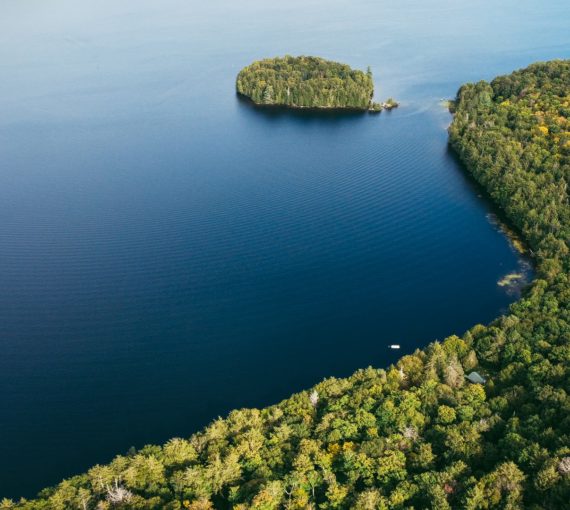
Every eligible person should vote, but it’s especially important that young people do. (Photo: cottonbro studio via Pexels)
The death of any person is cause for mourning, but we feel especially sad when we hear young people have died.
There’s a sense that they’ve been denied the full expanse of human experience and joy. They’ve lost out on a lifetime of rich possibilities.
So, too, when our leaders make poor policy choices, it’s youth who suffer most. When the Ontario government killed 750 renewable energy contracts early in its mandate, senior citizens lost perhaps 10 years of the clean-air benefits associated with solar and wind power. Teenagers lost many decades.
Which brings us to the upcoming provincial election. Every eligible person should vote, but it’s especially important that young people do. They have the most to gain — and the most to lose.
Every eligible person should vote, but it’s especially important that young people do.
If Queen’s Park pursues its foolish plan to build Highway 413 and pave forests and river valleys, old folks might forgo 10 years of the deep enjoyment that comes from the Greenbelt’s trout streams, farmland and hiking trails. Young Ontarians might lose 60 or 70 years.
If the province fails to protect magnificent creatures such as at-risk caribou, it’s our children (and their children) who will never see one in the wild.
So youthful citizens should make a pledge to vote on June 2 and, when they do, keep the climate emergency and protection of nature top of mind.
Students wrestling with debt or housing may question this approach. Cost of living may seem the overriding priority now. But there’s a cost, too, of inaction. And when it comes to the environment that cost is immense.
So youthful citizens should make a pledge to vote on June 2 and, when they do, keep the climate emergency and protection of nature top of mind.
To give just one example: the wildfire that last year ripped through Lytton, B.C. — a tiny village of 250 people — destroyed property worth $78 million. Drought, flooding, heat waves — the climate crisis dramatically increases their intensity and the price tag of reconstruction will be borne by future generations.
Fortunately, research shows that young people care about the planet. A recent EKOS poll found that, among Ontarians under 35 years of age, 86 per cent agree the province should do more to protect forests and wildlife; 79 per cent believe the provincial government should treat climate change as an emergency; and 76 per cent feel the Greenbelt is no place for a new four- to six-lane highway.
The goal, then, is ensuring the youth vote actually materializes on election day. How can we support that?
The David Suzuki Foundation is doing a speaking tour of Ontario colleges and universities, sharing climate science with students and emphasizing that one of the best solutions to global heating is casting a ballot.
The David Suzuki Foundation is doing a speaking tour of Ontario colleges and universities, sharing climate science with students and emphasizing that one of the best solutions to global heating is casting a ballot.
The foundation is also creating and distributing a multilingual voters’ guide to help young Ontarians navigate the upcoming contest. It will offer advice in languages such as Mandarin and Punjabi on how to register and where and when to go to the polls. We hope other charities do likewise and encourage young people to engage in the democratic process.
Now would also be a good time to urge the government to lower the voting age to 16. (There’s nothing in our Charter of Rights and Freedoms that prevents this.) Extending the franchise would enable more young citizens to participate in the process of law-making and, because of their environmental concerns and fresh thinking, help steer the province away from ecological catastrophe toward climate sanity.
This op-ed was originally published in The Hamilton Spectator
Our work
Always grounded in sound evidence, the David Suzuki Foundation empowers people to take action in their communities on the environmental challenges we collectively face.





